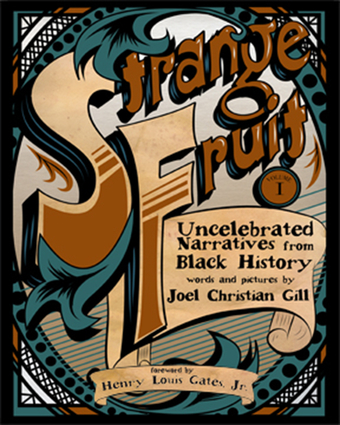The Pain of Passing
Reviews in American History
Volume 44, Number 2, June 2016
pages 264-269
DOI: 10.1353/rah.2016.0028
Renee Romano, Professor of History, Africana Studies, and Comparative American Studies
Oberlin College, Oberlin, Ohio
Allyson Hobbs. A Chosen Exile: A History of Racial Passing in American Life. Cambridge, Mass.: Harvard University Press, 2014. 382 pp. Figures, notes, and index. $29.95.
In the past year, racial passing became the subject of intense media controversy and scrutiny when it was discovered that Rachel Dolezal, then-head of the NAACP in Spokane, Washington, was a white woman who had misrepresented herself as being partly black. In the wake of the media frenzy that followed, commentators took pains to point out that, even though it was unusual to see a white assuming an identity as black, passing itself was nothing new in U.S. history. “The history of people breaching social divides and fashioning identities for themselves is as old as America,” an editorial in the New York Times proclaimed in response to the controversy. But while the act of passing has long been a part of the American story, it has not, until now, been the subject of a sweeping chronological and narrative history. A Chosen Exile by historian Allyson Hobbs succeeds in the ambitious project of crafting a social and cultural history of the most famous version of the practice, that of people of black ancestry who passed as white. Racial passing, of course, was meant to be hidden and to leave no trace. But in A Chosen Exile, Hobbs demonstrates not only that sources exist to recover the history of blacks who assumed white identities, but also that historians have offered a rather onesided story of black-to-white passing that does not mine the experience fully for what it can tell us about the lived experience of racial identity in different eras in American history.
Drawing on creative research in sources—including runaway slave ads, diaries and letters, census and military data, student college records, and novels—A Chosen Exile offers a wide-ranging chronological history of the experience of blacks who passed as white from the late eighteenth through the mid-twentieth centuries. In taking that approach to the subject, it stands out from most of the existing literature on passing. Scholarly work on passing, for the most part, falls into one of two camps: studies by literary and media scholars that explore literary and cultural representations of the practice, such as Gayle Wald’s Crossing the Line: Racial Passing in Twentieth-Century U.S. Literature and Culture (2000) or more historical works that take a biographical approach to reconstruct the lives and stories of specific individuals or families who passed as white. Gerald Horne’s The Color of Fascism: Lawrence Dennis, Racial Passing, and the Rise of Right-Wing Extremism in the United States (2009), for example, sheds light on the strange life of Lawrence Dennis, a former child-preacher who chose to pass as white and who eventually became an outspoken supporter of fascism in the 1930s. Legal historian Daniel Sharfstein follows the lives of three families who changed from black to white from the colonial era to today in The Invisible Line: A Secret History of Race in America (2012). But A Chosen Exile has a much broader scope. Although Hobbs offers lengthy discussions of some key historical figures, she seeks to bring together as many stories of passing as possible to “reveal larger social, cultural, and national dynamics that would be far less visible if viewed through a lens fixed on the idiosyncrasies of a single person, family, or place” (p. 25).
That approach enables Hobbs to develop arguments about how the meanings and practice of passing have changed over time—arguments that are simply not possible in works that are more narrowly focused. She shows, for example, that passing was a relatively egalitarian practice that both elites and the poor engaged in when circumstances allowed; although, as the book progresses, it is clear that Hobbs has found more evidence to reconstruct the stories of economically privileged blacks than she has for poorer ones. She includes the experiences of both men and women who crossed the color line, and she compares the experiences of those who passed strategically—or who temporarily claimed a white identity in order…


